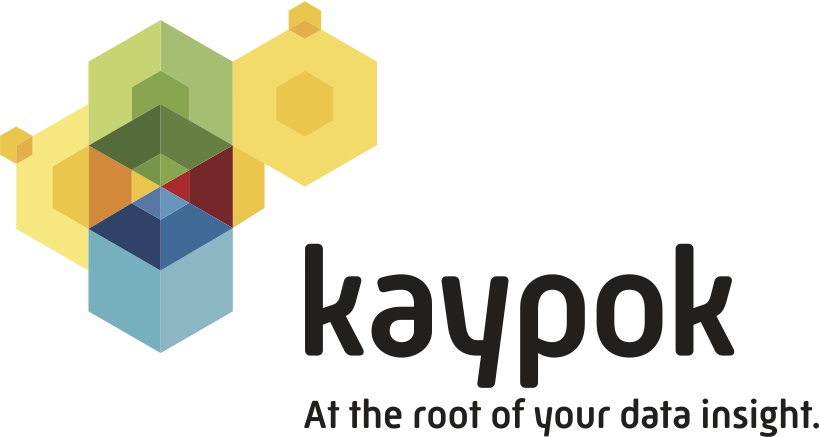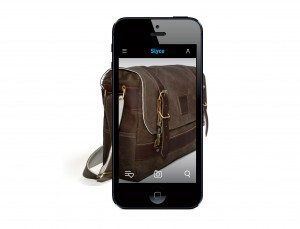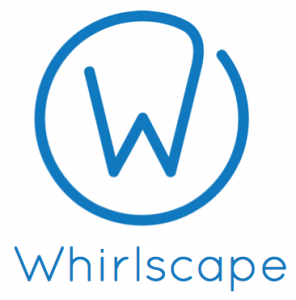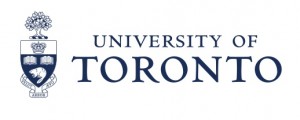Law firm partners with UTEST program to offer legal advice to early-stage startups
TORONTO, ON (August 10, 2015) — Toronto-based law firm Aird & Berlis LLP (A&B) has become the sponsoring legal partner to the University of Toronto Early-Stage Technology Program (UTEST).
This partnership was covered in TechVibes, Law Times and the Financial Post‘s Legal Post blog.

UTEST is a 12-month incubation and acceleration program co-managed by the University of Toronto (U of T) and MaRS Innovation that allows selected U of T-affiliated early-stage startup companies to incorporate, use office space, receive mentorship and access $30,000 in funding, with opportunities for follow-on funding from MaRS Innovation.
In 2014, UTEST was named one of Canada’s most promising start-up accelerators in an online series by BetaKit, a digital publication that covers Canadian technology.
“We are thrilled to partner with A&B and leverage their legal expertise for our startups and emerging companies,” said Kurtis Scissions, who co-directs UTEST with MI’s Mike Betts. “To date, 17 companies, including Granata Decision Systems, Whirlscape, Crowdmark, eQOL and TrendMD, have successfully graduated from our program. We look forward to adding A&B’s Startups Team of lawyers to our mentorship group for the UTEST program, beginning in 2015.”










